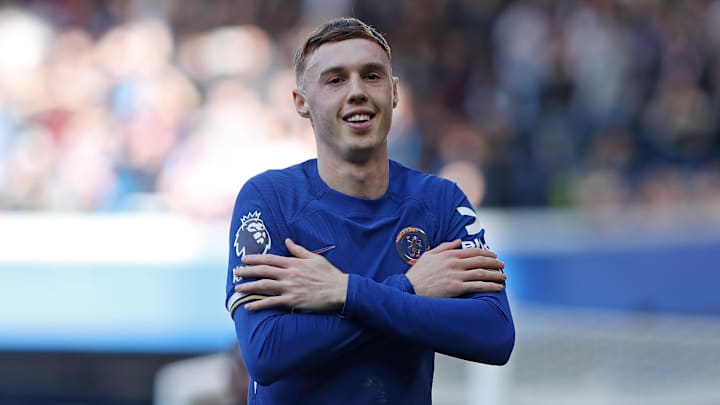A season marked by high investments and inflated expectations unfolds into a narrative of stumbles and uncertainties. The latest revelation in this drama is the excessive reliance on a young talent: Cole Palmer. Under Mauricio Pochettino's guidance, the Blues find themselves at a crossroads, where the quest for balance between individual talent and collective performance has become an urgent task.
Since the arrival of American businessman Todd Boehly, Chelsea's coffers have generously opened in pursuit of reinforcements. However, the on-field return has not matched the monumental investment. Pochettino, hired with the hope of revitalizing the team, finds himself in a delicate position, unable to propel the Blues to the heights expected in the Premier League.
Follow The Top Flight on X (Twitter).
Amidst the whirlwind of criticism, Cole Palmer emerges as a faint light amidst the darkness. The young forward, freshly arrived from Manchester City, has become Chelsea's technical anchor, a beacon of consistency in a sea of inconsistencies. His impressive numbers - 16 goals and 12 assists in 35 games - stand out in a squad struggling to find its identity on the field.
This reliance on Palmer reveals a profound structural fragility. In an interview after the frustrating draw against Burnley, Pochettino implicitly admitted the burden on the young attacker's shoulders. The words of the Argentine coach resonate as a warning about the lack of alternative solutions within the Blues' squad.
A cold analysis of the numbers reveals the magnitude of the problem. While Palmer shines with his double digits in goals and assists, his teammates struggle to keep pace. Raheem Sterling and Nicolas Jackson, though talented, fail to fill the void left by the absence of consistent contributions.
This excessive dependence on a single player represents not only a tactical risk but also a moral dilemma. The pressure on Palmer's shoulders is unsustainable in the long run. His own words, permeated with fatigue and discouragement, echo as a desperate call for help in a team adrift.
Pochettino's challenge goes beyond simply mitigating the dependence on Palmer. The Argentine coach must find a delicate balance between individual brilliance and collective cohesion. Chelsea's success cannot rely solely on the performance of a single player; it requires harmony among all the pieces of the puzzle.
Pochettino is facing a test of his leadership and strategic ability. His skill in managing egos, motivating players, and implementing effective tactics will be put to the test in the upcoming games. Chelsea's success will not be measured solely in wins and losses, but rather in the team's ability to transcend its individual limitations for a common goal.
